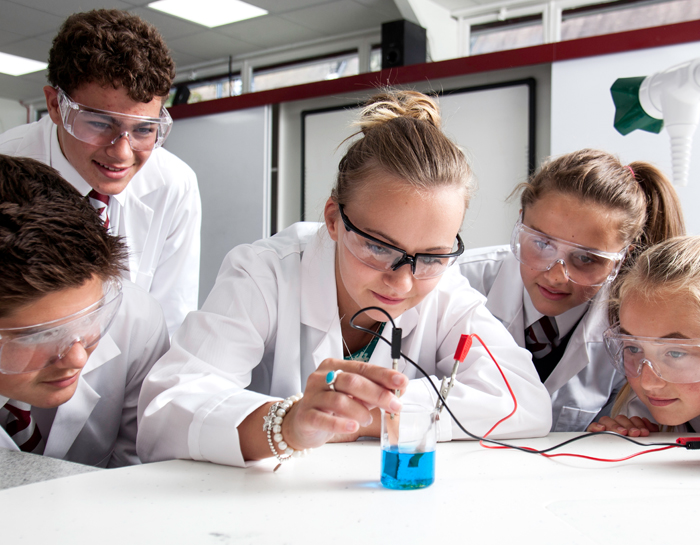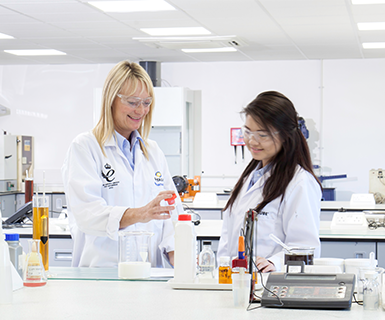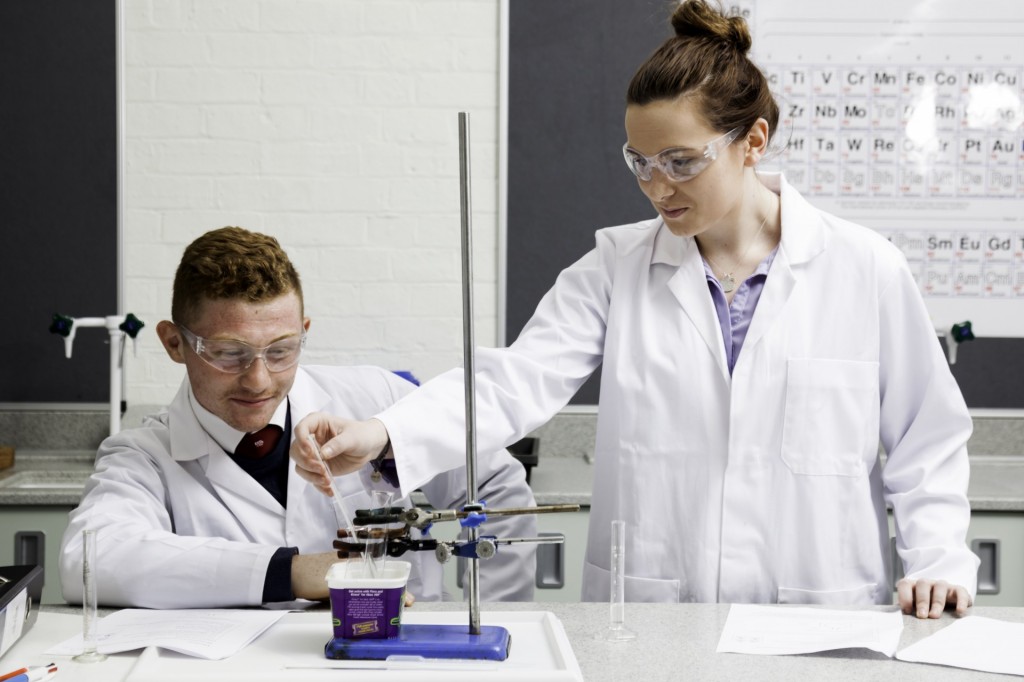Science Seen as the Most Future-Proof Degree Subject at University
A UK college polled students, asking them which university degree subjects they considered to be the most future-proof. The results revealed that 80% believed that engineering was a safe subject choice, whilst 74% believed the same about chemistry. This revelation supports our recent report that more students than ever are prioritising STEM subjects at GCSE and A-Level.
Education Secretary, Nicky Morgan, has advised students that studying STEM could lead to the widest range of jobs: “The subjects that keep young people’s options open and unlock doors to all sorts of careers are the STEM (science, technology, engineering and maths) subjects.” Morgan went on to suggest that decisions made by 15 year olds could impact their entire future, their potential careers and earning power.
All of this makes STEM subjects of real value to schools. In this article we’re going to take a closer look at the ways in which STEM subjects, particularly science, can be given a boost.
Improved Secondary School Sciences
How do you improve the quality of STEM teaching? Classroom design is a key factor, and science laboratories in particular see a real improvement in student engagement when they facilitate learning. Modern, flexible, science laboratories consistently prove to be a huge draw for students when selecting a school.
Student-First Focus
Creating a science laboratory and classroom should be about developing a better learning environment for the students. It is important to reflect on how students react to the classrooms, which makes student feedback invaluable to the classroom design process.
Jennifer Stanchfield from Experiential Tools, argues in her book, Inspired Educator, Inspired Learner,that: “Inspired educators include students in the design of the classroom and spend time creating comfortable, inviting and stimulating spaces where they showcase student work, and students have options on how they situate themselves to work. Having students involved in designing and configuring the room, helps them ‘own’ the space.”
This demonstrates the importance of seeking the opinions of students and using them to continue creating improved learning environments for schools.

We routinely seek feedback from the students studying in our newly-designed classrooms. At Shireland Collegiate Academy one student explained: “[The re-designed science laboratories] make it really easy to carry out practical experiments because the tables are well-positioned and that means there’s a lot of space to walk around. There is more table space and floor space.
“I have been motivated to pick biology and chemistry at A-Level because the labs are modern and inspirational.”
At Vision West Nottinghamshire College one student enthused:
“It made a difference to me coming into the new classroom because everyone is the same distance from the board. The main impact the new lab has had on my learning is that it has made it easier to simply learn, making me work to a higher standard. Having a nice, clean classroom has raised my grades by a whole level.”



